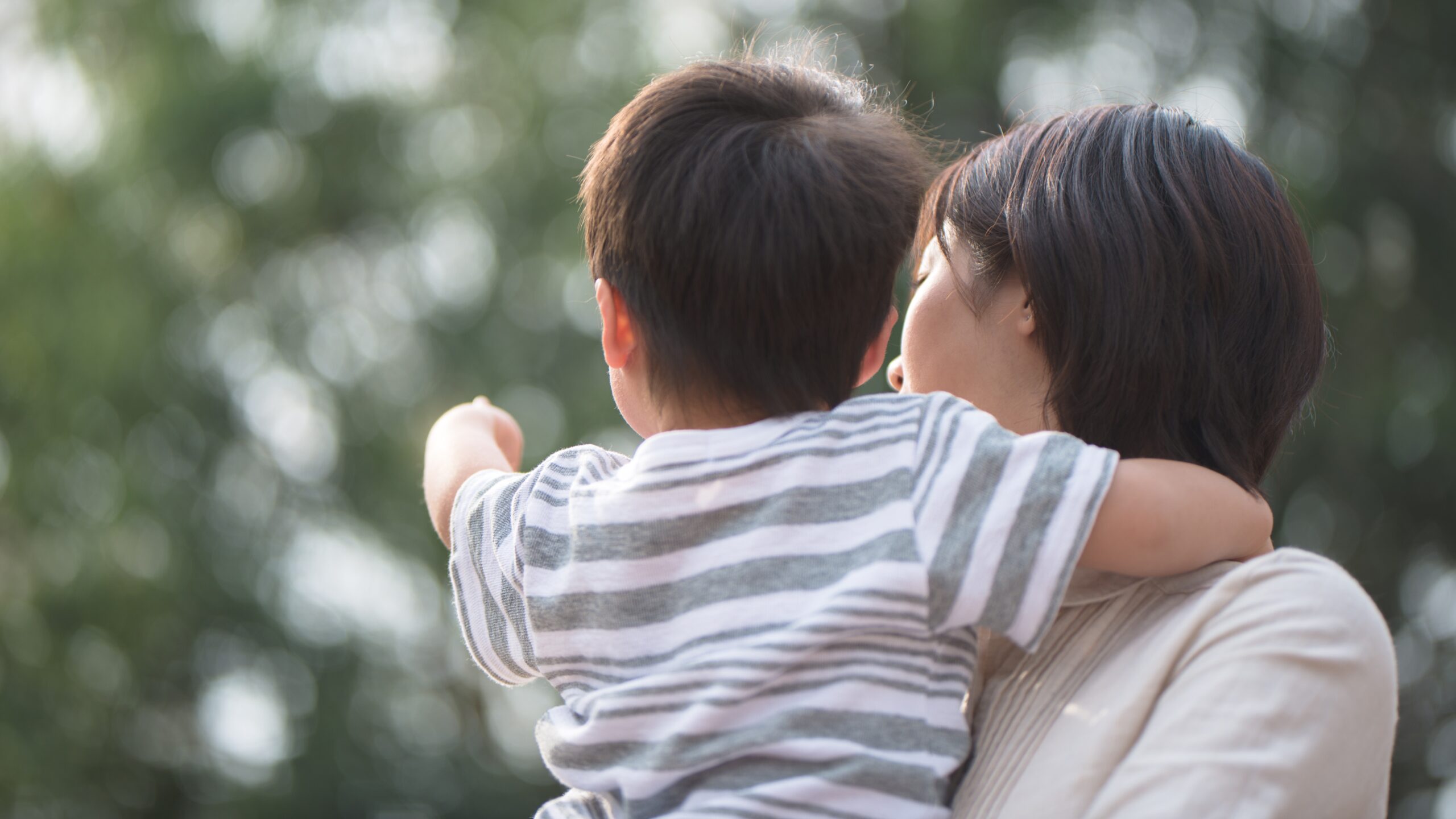
While the internet and social media have provided many of us with so many good things, like the ability to stay in touch with loved ones no matter where we are, there is also a dark side to the entire experience.
The rise of the social media mom influencer was born out of the world of blogs and websites created and authored by moms. As social media developed, the transition was natural — many of these moms were already supporting their families by publishing details of their lives with their kids on a website anyway, and platforms like TikTok, YouTube, and Instagram make it too easy to keep growing.
A few years ago, many people were stunned by the story of Myka Stauffer, who "rehomed" her son Huxley after his autism became too much for her to deal with. This week, YouTuber Jordan Cheyenne is stunning people in a similar way.
Up until pretty recently, Jordan Cheyenne ran a wildly popular YouTube channel where she shared parenting content, diet tips, and beauty regimens. Her YouTube channel had over half a million subscribers and her Instagram boasted over 100,000.
Everything was going great for Jordan until she accidentally published a video in which she's clearly coaching her young son on how to cry for the camera (and the social media audience). In the video, Jordan explains that the family's puppy might have a disease that could kill him.
Then Jordan motions for her young son to come closer to her, and viewers can hear that the boy, who is believed to be between 8 and 10 years old, is crying. Jordan then says, "Come closer. Act like you're crying." The boy responds, "I am crying!"
The reality of the situation is clear: Jordan is coaching her son on how to effectively cry for the camera and her viewers. Instead of experiencing a moment that is likely genuinely sad for the child in private, Jordan chose to film and share instead — and didn't even let her child have his own real feelings in the process.
The world of mom and parent influencers has always had a somewhat dark tinge to it. While parents will argue that their websites and social media accounts benefit their children tremendously, even that their children understand what's going on and consent to their lives being shared, it's tough to know if children can truly understand what it means to have their lives broadcast to hundreds of thousands of people.
While there is certainly an argument to be made in favor of moms and parents being able to support their families, the question is at what cost. How does a parent decide what parts of their kid's lives are OK to share and what aren't? How can you know if a 5-year-old, or a 10-year-old, or even a 15-year-old is really OK with hundreds of thousands of people tuning in?
What follows next in the video is even more disturbing. After her son tells Jordan that he is really crying, she tells him the specific way he should arrange his face so that it's clear for the camera. "Let them see your mouth. Look at the camera."
Jordan has since pulled away from social media entirely, but it's tough to know if the move is enough — and it's tough to know if this was the first time Jordan had pulled this kind of move at the expense of her kids and in pursuit of clicks (and ultimately dollars).
She told Today that she plans to pursue therapy for herself and her son. "I want people to know that I've deleted my channel. People think I deactivated my channel, but I deleted it. I have no sponsors, no pay, no monetization. I've given up all of that to be behind the scenes and extremely present with my child and get us both into counseling."
Jordan also hopes her experience shifts the conversation for other parents.
"Of course, people will have their kids ham it up. Behind the scenes they're like, 'Do this, and I'll give you a treat.' It's so wrong and I can't even say how disappointed in myself I am. I want to be clear — I have no excuse — but I think it opened a conversation for how a lot of people might be running their channels."




